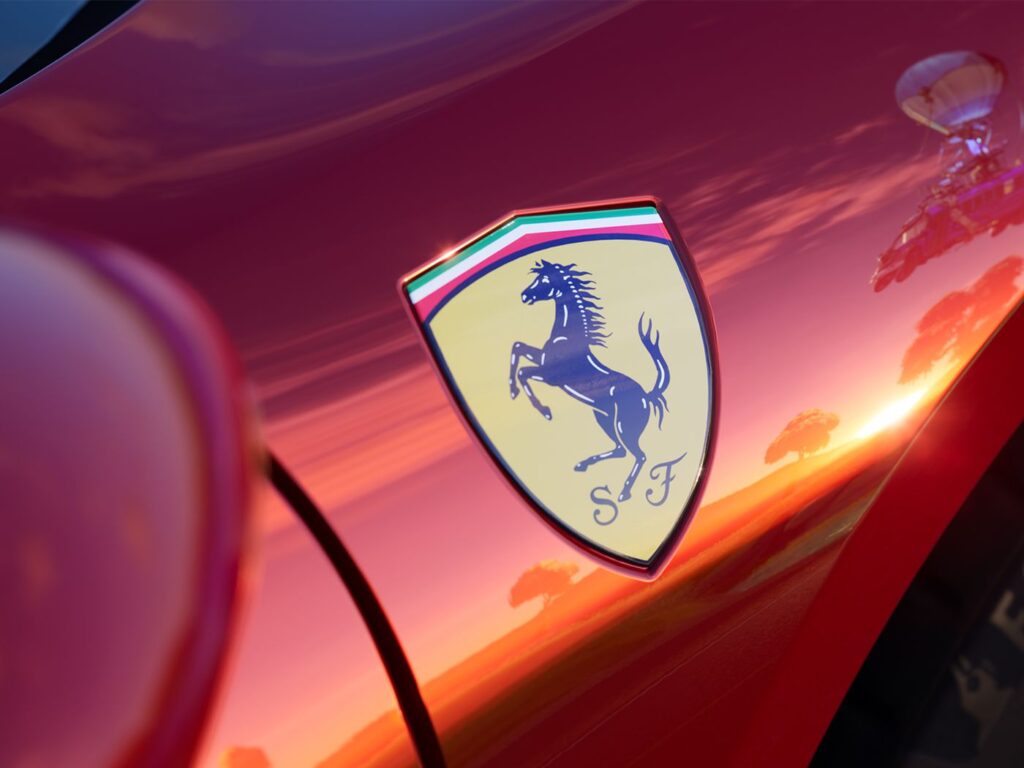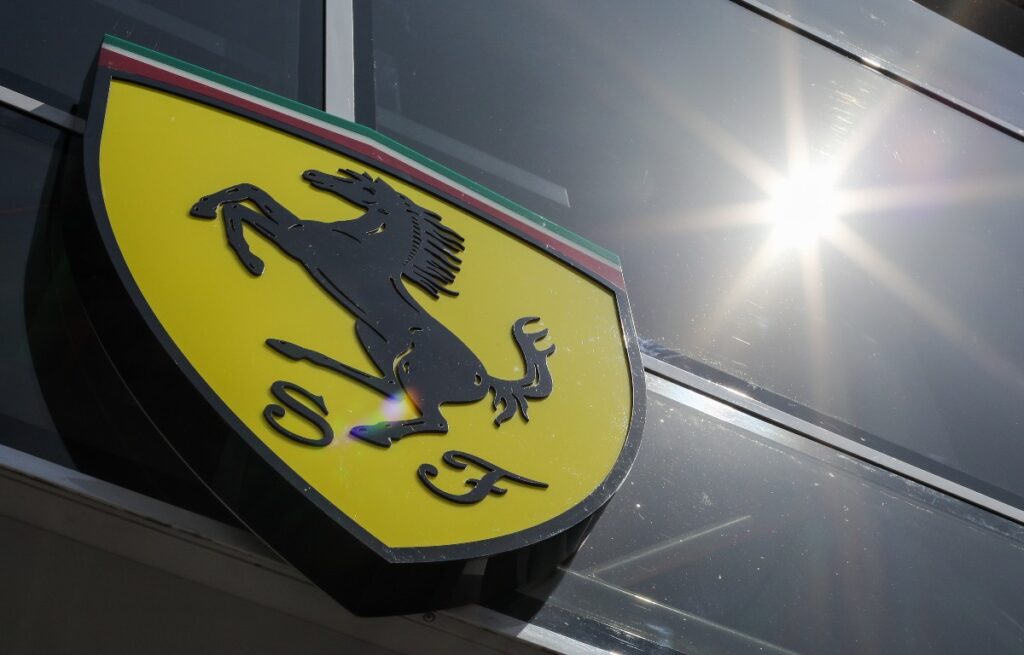Ferrari is one of the world’s most renowned and respected car brands, having a diverse clientele that includes celebrities from all walks of life. Despite being 81 years old, the brand continues to captivate previous, current, and future generations, which is no surprise given that Ferrari was awarded the world’s most powerful brand by Brand Finance in 2020.
Ferrari exported barely over 10,000 cars in 2019, a pittance when compared to the likes of Ford, who shipped nearly 4.3 million vehicles. Despite its size, it is the most successful team at the pinnacle of motorsport, Formula 1, where it has royalty status to the point that the sport’s authority pays a 5% extra (near to $60 million last year) merely for Ferrari to be there.
Ferrari’s stock price on the New York Stock Exchange is about 15 times its 12-month net income, which is among the highest in the automobile industry. This story is intended to dissect Ferrari’s marketing approach that makes it so unique and exclusive.
The beginnings of Ferrari
Enzo Ferrari created Ferrari in 1929 to pursue his passion for motorsport. In its early days, it served as Alpha Romeo’s racing section. Enzo will be remembered for his customary coat and dark shades, as well as his cold and aloof attitude.
Enzo’s cold and cutthroat personality would become legendary in the future, giving another dimension of desirability to Ferrari. In his typical manner, Enzo was known to disparage and ignore his clients’ thoughts and feedback.
One such episode occurred when Enzo insulted the then-Tractor billionaire Ferruccio Lamborghini, resulting in the establishment of its main competitor automotive company, Lamborghini. All of these characteristics contributed to Enzo’s mythology and established a cult following among the Italian people and even a global audience.
Core Marketing Strategy of Ferrari
1. Exclusivity of Ferrari
Scuderia Ferrari began as a racing stable. It remained thus until 1947, when Ferrari released its first road-going automobile, the 125 S. Ferrari’s awe-inspiring performance at the pinnacles of numerous motorsport disciplines led in the public longing to get their hands on a Ferrari, creating an inherent condition in which demand for a Ferrari is always there.
Although Enzo did not want to build cars at first, he was compelled to do so in order to support his one real love, Motorsport. Ferrari, being a small manufacturer, lacked the might and scale of other autos, resulting in just a few road-going cars being produced, resulting in a demand that consistently outstripped supply.
In 1947, Ferrari sold only two of its first road-going cars, the 125 S. This mindset of restricting the number of vehicles sold is still prevalent today. The current CEO, Benedetto Vigna, has stated that the waiting period (which has continuously been more than a year) is the strongest indication of Ferrari’s brand value. The brand’s core identity is based on its exclusivity.
Ferrari pushed exclusivity so far in its marketing approach that even if a potential buyer has enough money to purchase a Ferrari, the firm would refuse to sell to them if their profile does not satisfy its approval. Buying a new Ferrari is a difficult procedure that nearly always necessitates documentation of former ownership. The customer must provide proof that they have previously owned or presently possess at least one used Ferrari.
This increases the brand’s attractiveness by establishing exclusivity, while simultaneously giving the manufacturer and its consumers enormous price power in both the new and used automobile markets.
The Ferrari Owners Club
Ownership of a Ferrari includes not only ownership of the car but also membership in the highly coveted “Ferrari Owners Club.” The Ferrari Owners Group is a real club comprised of only Ferrari owners (new or used) who receive unique invitations to lavish events across the world when Ferrari launches new models.
These luxurious gatherings are frequently frequented by the world’s most renowned individuals and are always the events to attend. As a result, membership in the Ferrari Owners Club is highly sought after by the wealthy and distinguished.
Also Read: Ferrari – The Making Of World’s Most Powerful Luxury Brand
Veblen Effect driving Ferrari’s Pricing Strategy
The Veblen Effect is the foundation around which all luxury companies have been formed. The Veblen Effect is a 200-year-old hypothesis that suggests that buyers consider higher-priced items to be worth more merely because they cost so much more. As a result, demand for the product rises as the price rises, contrary to the rule of demand.
From the beginning of its road vehicle division in 1947 to the present, Ferrari appears to be a strong believer in this philosophy. Ferrari’s marketing and pricing approach indicates a strong conviction in this premise.
From 2013 to 2019, Ferrari’s gross margin climbed from an already high 47 percent to 52 percent, resulting in an increase in EBIT margin from 15.6 percent to 24.4 percent. Analysts feel that Ferrari consumers are not only prepared to spend more, but prefer to pay more since it puts them into this privileged club.
Brand Value
Ferrari can charge such large margins because demand consistently outstrips supply. One aspect of this is to limit production to a certain number of cars per year.
The most impressive element of this is how Ferrari has consistently invested in and fostered the value of its brand, which includes not just the name but also the logo and even the renowned Ferrari red colour (Rosso Corsa).
Ferrari is the oldest and most successful Formula One team, investing hundreds of millions of euros each year. As a result, Ferrari has become linked with enormous reputation in the automotive sector.
Ferrari Logo

The prancing horse logo is one of the most recognisable brand logos, readily recognisable all over the world. The renowned racing red hue is one of the most desired colours for production automobiles. In Italy, Ferrari evokes feelings similar to those felt while discussing the national cricket squad of India or the national soccer team of Brazil or Argentina.
Despite the fact that Italy is home to several vehicle manufacturers such as Lamborghini, Maserati, Alfa Romeo, and FIAT, Ferrari holds a special place in the hearts of the Italian people. People are so passionate about the Ferrari name that the fan club of Scuderia Ferrari, known as the Tifosi, is among the most vociferous and committed followers ever.
Conclusion
Over the last 80 years, Ferrari has nurtured and grown its brand value, as well as the exclusivity and desirability that comes with it, to become one of the most influential brands.
All of this has resulted in Ferrari dramatically increasing the attractiveness and hence the price that potential buyers are ready to pay to have a Ferrari in their garage by selling a limited number of vehicles. So, it appears that selling less benefited the brand and its shareholders (Public (67.09 percent), Exor N.V (22.91 percent), and Piero Ferrari) (10 percent ).
To read more content like this, subscribe to our newsletter
Go to the full page to view and submit the form.

